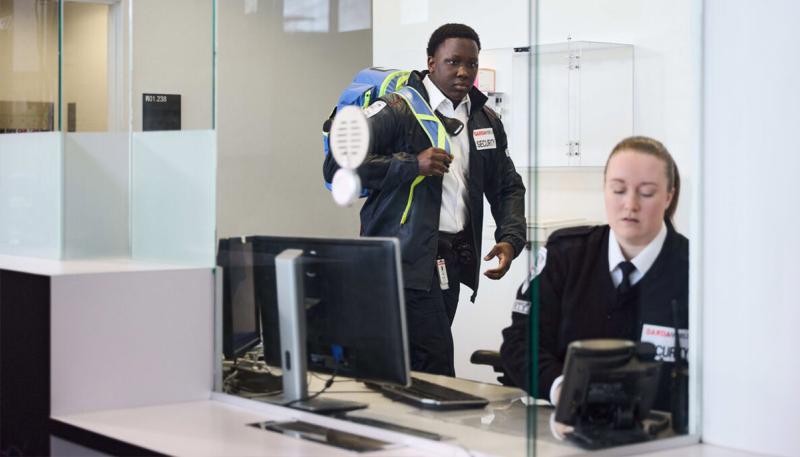
Over time, health systems tend to grow, adding new services and service locations to serve their comparably expanding patient base.
But just as in physics, gaps can emerge as things expand. In healthcare, this is often experienced as a growing number of “open shifts,” shifts that have not been expressly assigned to specific employees. Many healthcare systems in North America struggle to provide adequate security staffing around the clock, potentially exposing providers to unnecessary risks and liabilities.
For James Hersey, a GardaWorld senior account manager responsible for operations and recruiting, “open security shifts must be actively resolved so that healthcare professionals can do what they do best: provide uninterrupted quality care.” As a team leader, he promotes a three-legged approach to filling otherwise open shifts:
3 Ways to Eliminate Open Shifts:
1. Use mobile support.
“A mobile response team during peak hours greatly benefits any healthcare team,” says Hersey. Especially effective during peak hours and in areas with multiple facilities to safeguard, this strategy involves creating a mobile unit of guards who have received full healthcare-specific training and completed site training at all locations. Here are some of the key benefits of mobile units:
-
can be deployed within minutes to sites where needed.
-
can deploy to emergency sites.
-
can act as mobile supervisors and check in on staff.
-
can relieve staff for breaks, especially in one-man locations.
-
can be used to train new staff at locations to help support the team.
2. Hire bullpen (“casual on-call”) staff.
Having a bullpen of trained staff you can call on is a great benefit. Casual staff, often referred to in the industry as “bullpen” staff, can be cross trained at various locations. When there is a sick call, a mobile unit can be immediately deployed, followed by bullpen healthcare staff who provide longer-term coverage, reducing or eliminating shift gaps.
3. Cross-train your healthcare security staff at other facilities across the board.
Healthcare security teams must be prepared to fill open shifts among system facilities. Hersey meets this challenge by cross training GardaWorld’s mobile team staff on all the relevant facilities. These mobile units, in turn, can train bullpen staff on the major facilities, and spot-train staff on the smaller units as the need arises. Through deep cross training, GardaWorld can reach 99 – 100% fill rates in all its assigned locations.
Plan now to get the coverage you need later.
Safety is not an accident, but a consequence of taking the necessary precautions. “By creating mobile and bullpen teams cross-trained for flexibility,” Hersey says, “we can help healthcare systems eliminate missed shifts and ensure that healthcare providers successfully deliver care.”








